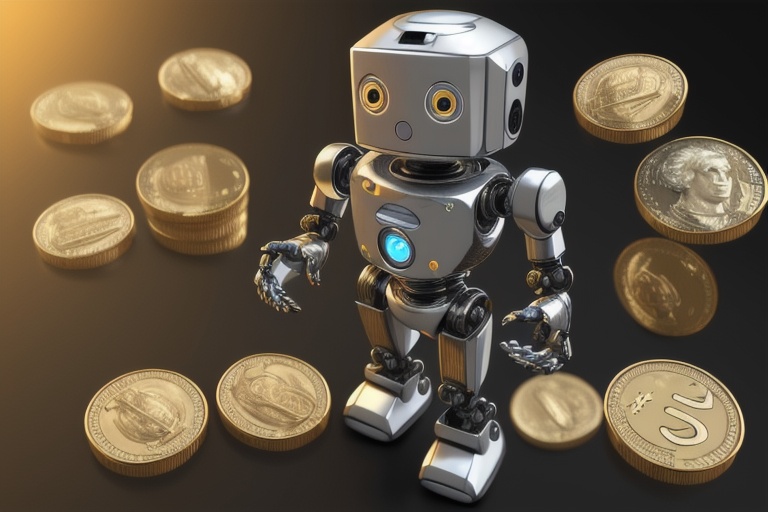Artificial intelligence and machine learning are rapidly transforming our world, making the once-distant dream of intelligent machines a present reality. One of the most intriguing aspects of this technological evolution is the potential to create machines that not only think but feel—machines capable of emotion and perhaps even consciousness. This very concept is not only the fodder for intensive research but also a common theme in popular culture, most notably explored in Steven Spielberg's cinematic masterpiece, "A.I. Artificial Intelligence."
Artificial intelligence and machine learning are rapidly transforming our world, making the once-distant dream of intelligent machines a present reality. One of the most intriguing aspects of this technological evolution is the potential to create machines that not only think but feel—machines capable of emotion and perhaps even consciousness. This very concept is not only the fodder for intensive research but also a common theme in popular culture, most notably explored in Steven Spielberg's cinematic masterpiece, "A.I. Artificial Intelligence."
A Cinematic Glimpse into an AI Future
The film follows the journey of David, a robotic child endowed with the ability to love. Despite his advanced programming, David is rejected by his human family, setting him on a quest for belonging and a desire to become "real." Throughout his odyssey, Spielberg challenges the audience to contemplate the essence of humanity, probing the profound question—can artificial beings possess a soul?
The Relevance of AI in Modern Society
Artificial intelligence is no longer confined to the silver screen; it pervades our daily existence. The innovations we witness—from autonomous vehicles to personal digital assistants—are evidence of AI's ever-growing footprint in our lives. These advancements herald a future brimming with potential, where AI not only augments human capabilities but also promises to reshape industries and societies.
The Emotional AI Debate
One of the most debated topics in AI is whether machines can genuinely replicate the complexities of human emotions. The notion of sentient machines is tantalizing, yet it opens a Pandora's box of ethical considerations. "A.I. Artificial Intelligence" probes this debate, pondering the societal impact of emotionally intelligent machines and the morality behind their creation.
Art Reflecting Future Possibilities
The film's cast delivers poignant performances that underscore the potential synergy and discord between humans and AI. Spielberg weaves a tale that is as much about the characters as it is about the broader societal implications of advanced AI—implications that resonate more today than ever before.
Themes of Connection and Identity
At its core, "A.I. Artificial Intelligence" is a story about the search for connection and identity—a theme that is universally human. As David's journey mirrors our own pursuit for understanding in a changing world, it evokes empathy and introspection, compelling us to consider our place in a future shared with AI.
The Need for Ethical Development of AI
As the film's narrative unfolds, the intersection of technological innovation and ethical responsibility becomes apparent. The movie challenges its audience to reflect on their role in shaping this trajectory, emphasizing the need for careful and considerate development of AI technologies.
Fiction as a Reflection of Reality
While "A.I. Artificial Intelligence" is a fictional narrative, its exploration of AI's role in society is grounded in reality. The film encourages viewers to engage with the philosophical and ethical questions that arise as we stand on the brink of an AI-dominated era, reminding us of the responsibilities we hold as architects of the future.
The journey of AI, from an imaginative concept to an integral part of contemporary life, continues to captivate and shape our collective consciousness. As we stride forward into an era defined by artificial intelligence, movies like "A.I. Artificial Intelligence" not only entertain but also offer profound insights into the human condition in the age of machines. These explorations foster a vital dialogue about our technological trajectory, compelling us to forge a path that harmonizes the pursuits of innovation with the essence of our humanity.
Information for this article was gathered from the following source.




